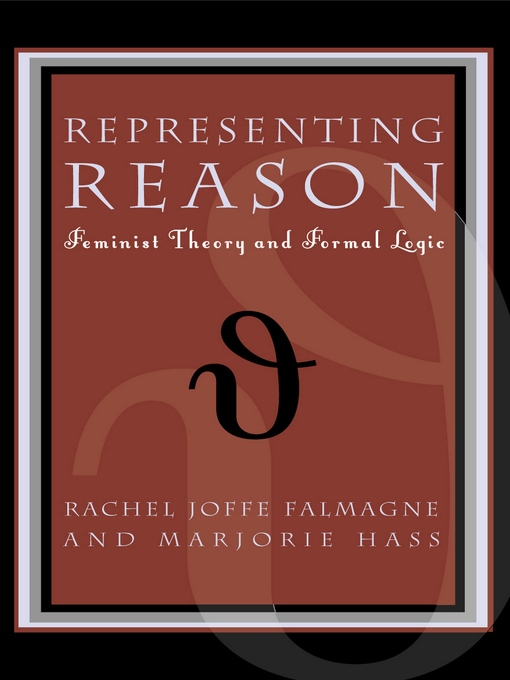- Available now
- New eBook additions
- New kids additions
- New teen additions
- Most popular
- Try something different
- Series Starters
- Indigenous Reads
- See all
- Available now
- New audiobook additions
- Try something different
- Read by a Celeb
- Indigenous Reads
- New kids additions
- New teen additions
- Most popular
- Popular Audiobooks
- Series Starters - Audiobooks
- See all

